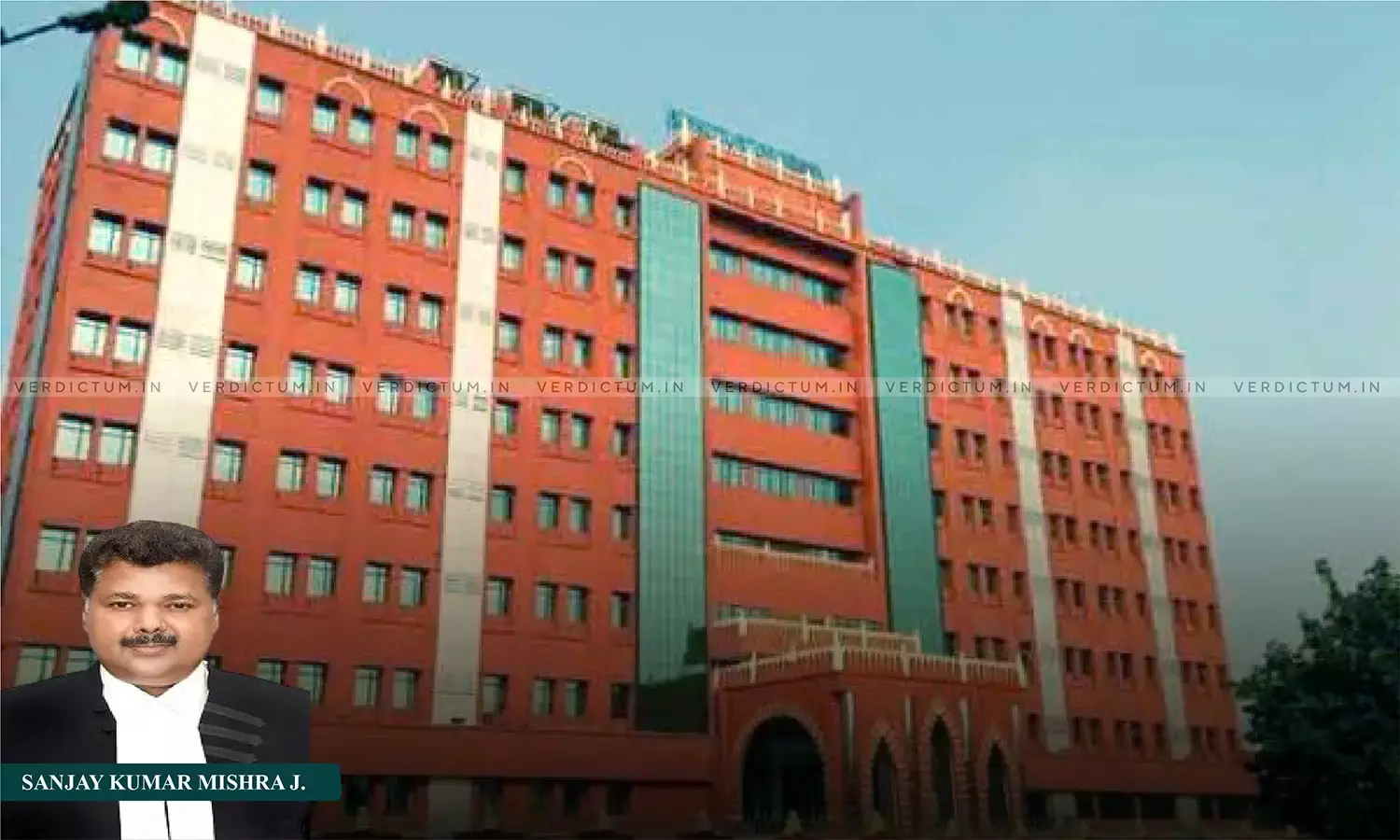Affectionate Relationships Beneficial For Children; Grandparents Cannot Be Denied Reasonable Visitation Rights: Orissa High Court
The High Court has held that even when custody of a minor child rests with one parent, grandparents cannot be denied reasonable access, observing that an affectionate relationship with grandparents supports the child’s normal development and must be preserved.

The Orissa High Court has held that grandparents are entitled to reasonable visitation rights, even when the child is in the mother's custody, stating that emotional bonds between grandparents and grandchildren form an integral part of a child’s early development.
The High Court was hearing a writ petition filed by the father of an infant boy, seeking visitation rights after the Family Court rejected his application. The petitioner stated that despite being the natural father, he had been completely denied access to the child since he was a few weeks old.
A Single Judge Bench comprising Justice Sanjay Kumar Mishra set aside the Family Court’s order and held that “apart from the natural father, the grandparents cannot be denied reasonable access/visitation rights, which will also help the child's normal development”, stating that “an affectionate relationship with grandparents is recognised as beneficial for the child”.
Senior Advocate G.K. Acharya appeared for the petitioner, while Advocate S.K. Patnaik represented the opposite party.
Background
The parties had married in 2021, after which a male child was born. A month later, the wife left the matrimonial home with the newborn and an FIR was lodged alleging offences under IPC and the Dowry Prohibition Act. The husband later filed a divorce petition, and multiple criminal and domestic violence proceedings began between the parties.
The petitioner repeatedly attempted to contact his child through emails and formal requests. After no cooperation, he moved the Family Court seeking visitation rights, including physical meetings and video calls. The application was rejected because allowing visitation could pose a risk to the wife and the child.
Aggrieved, he approached the High Court.
Court’s Observation
The Orissa High Court found that the trial court rejected the request based on speculative apprehension and without supporting material. The Bench held that visitation rights cannot be denied unless there are exceptional circumstances backed by evidence.
Relying on the Supreme Court’s ruling in Yashita Sahu v. State of Rajasthan, the Court reiterated that children are entitled to the love and affection of both parents, and refusal of visitation must be supported by strong reasons. It emphasised that contact rights, including video calling, have become essential to preserve the bond between a child and the non-custodial parent.
The Bench then addressed the issue of grandparents’ rights, observing that although the term “visitation” is not defined in Indian custody statutes, legal dictionaries and international practice recognise “grandparent visitation” as a legitimate concept. It was held that the welfare of the child includes maintaining emotional ties with the extended family.
The Bench stated that Indian family structures traditionally involve grandparents playing a critical role in upbringing, education, cultural grounding, and emotional support. The Bench remarked: “The grandparents, being ancillary part and parcel of the family, would hold the way for welfare of the child. Therefore, meeting of the grandparents with the children would also be a necessary part for upbringing, before their mind is polluted by unilateral act of any of the single parents.”
The Bench further observed that the father and his parents last saw the child when he was only three weeks old, making access even more necessary for the sake of bonding at his current developmental stage.
Finding no exceptional circumstances to deny visitation, the Court held that the Family Court’s refusal was contrary to well-settled legal principles and liable to be set aside.
Conclusion
The Orissa High Court set aside the rejection order and granted detailed visitation rights to the father and grandparents.
The Bench ordered the meetings to be supervised at the High Court Mediation Centre twice every month. The Bench also granted rights to interact through video calls on specified days. The father was directed to provide a mobile phone exclusively for video interaction purposes.
The court clarified that this arrangement will continue until the child turns five, after which the father may seek stepped-up visitation.
The petition was accordingly allowed and disposed of.
Cause Title: SR v. AM
Appearances
Petitioner: G.K. Acharya, Senior Advocate, assisted by A. Mohapatra, Advocate
Respondent: S.K. Patnaik, Advocate


